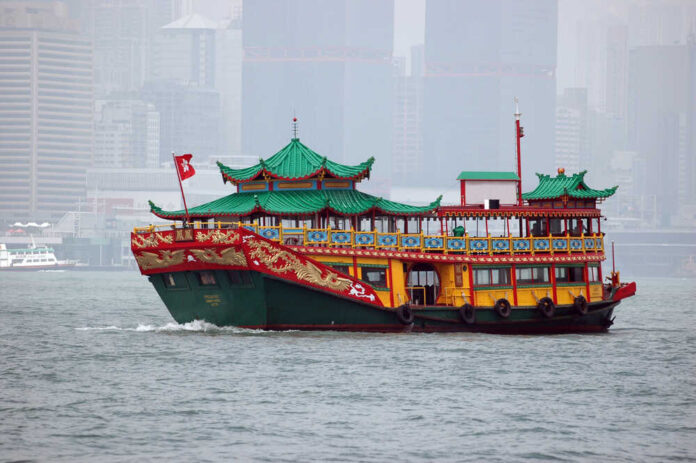
Wang Xiaolong, China’s ambassador assigned to New Zealand, circulated a letter on April fifth complaining that the US Coast Guard is carrying out ship-boarding activities in violation of international law.
According to Reuters, under cover of shiprider agreements that the US maintains with Papua New Guinea, Kiribati, and Vanatu, the US Coast Guard has been boarding Chinese boats in the Pacific Islands. These boarding parties have included local officials, whom the Coast Guard is assisting, intent on stopping illegal fishing by Chinese vessels in local territorial waters.
Xiaolong’s letter asserts that the shiprider agreements do not apply to China’s fishing fleet, since China is not a party to the agreements. China, he said, will not accept any law enforcement activity against its own fleet, except that conducted in another country’s Exclusive Economic Zone by that country’s forces alone. He maintained that China respects these Exclusive Economic Zones.
Rear Admiral Michael Day of the US Coast Guard differed with the Chinese Ambassador in a press conference in Honolulu on April 3. At that conference, held to celebrate the return of the cutter Harriet Lane from a patrol mission to the nations in question, he said that the shiprider agreements were drawn up in full compliance with international law. He explained that the boardings are done only at the request of the nations whose territorial waters are being impacted, and the aim in all cases is to protect these countries’ Exclusive Economic Zones.
Meanwhile, US Indo-Pacific Commander, Admiral John Aquilino spoke to the press in Sydney, Australia. He said that, based on its behavior in the East China Sea and South China Sea, he views the South Pacific Chinese fishing fleet as constituting a “maritime militia.”
Ambassador Wang, in his letter, contented that the Coast Guard’s enforcement measures were unnecessary as well as illegal, since China closely supervises its distant fishing fleets with a “zero tolerance” policy towards any illegal fishing activities.














